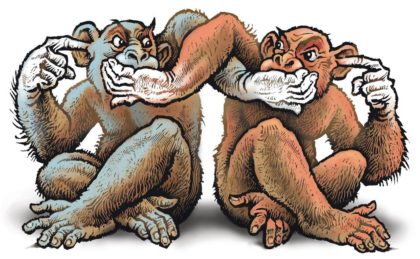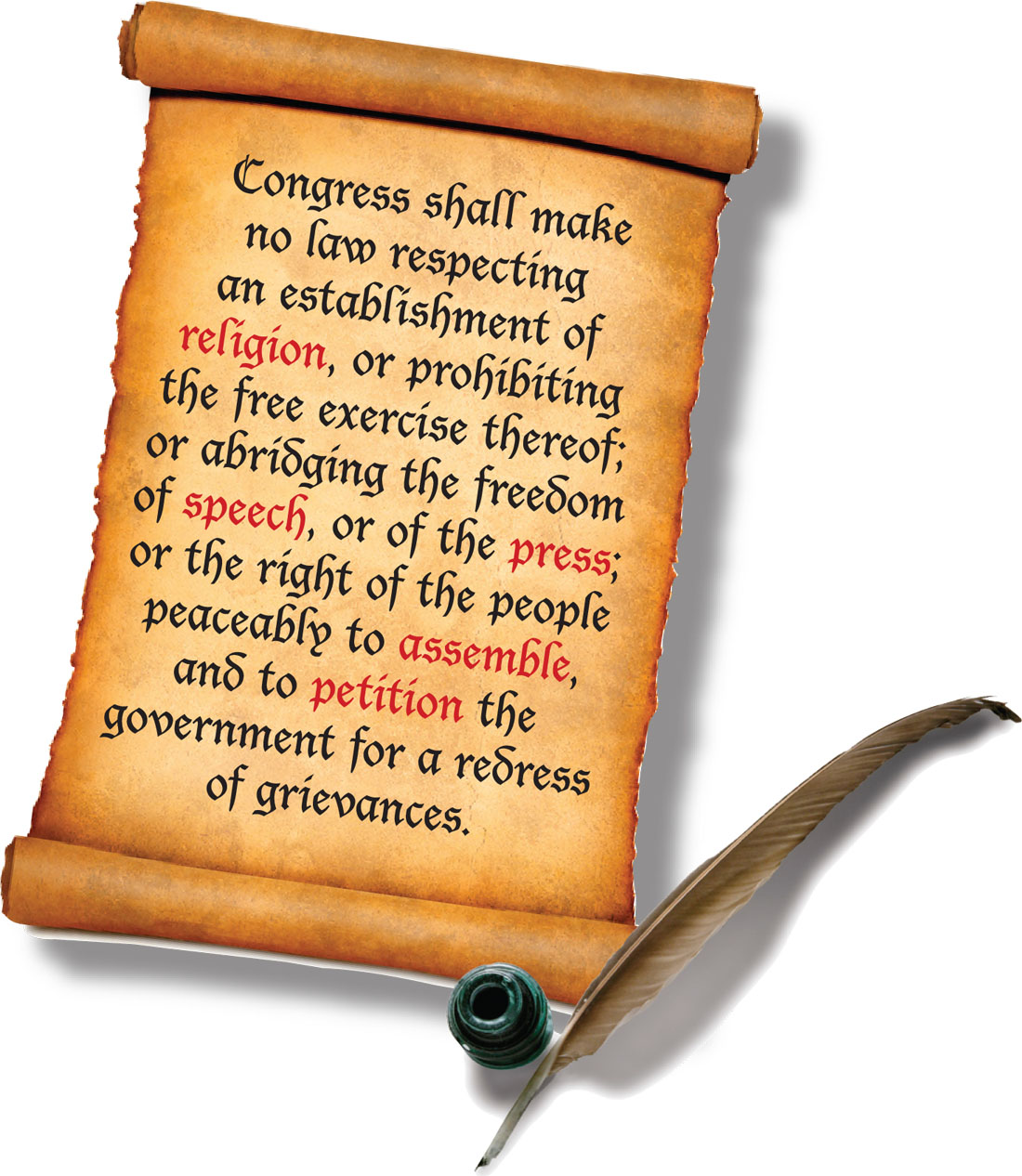Justice Holmes Teaches The First Amendment
Originally published in The Wall Street Journal.

The more certain you are,
the more you should resist the temptation to silence those who disagree.
If you are absolutely certain that President Trump is or is not an idiot, that climate change is or is not the most pressing problem of our age, that abortion is or is not murder, that football players should or should not be allowed to kneel during the national anthem, that our nation needs more or fewer gun laws, welcome! Most of us feel the same way. Absolute certainty is common, as is the suspicion that anybody who is absolutely certain of the opposite view must be evil, ignorant or a gullible consumer of fake news.
Along with absolute certainty comes the understandable impulse to regulate or ban the speech of your opponent. Why allow evil and ignorant people to infect others with falsehoods and dangerous ideas? Why not take away the licenses of broadcasters whose news departments have the wrong slant? Why not make hate speech illegal?
Almost a century ago, Justice Oliver Wendell Holmes Jr. , wrestled with similar questions in a pair of Espionage Act cases. Holmes was absolutely certain that in most cases individual rights are subordinate to the needs of the state, and that the First Amendment did not protect an American citizen named Charles Schenck from prosecution for printing and mailing circulars opposing the draft.
In 1919 Holmes wrote to that effect for a unanimous Court in Schenck v. U.S., famous for the misbegotten “fire in a crowded theater” analogy. Schenck also introduced the “clear and present danger” test, which most people think of as speech-protective, but according to Holmes and his colleagues was not enough to protect a man who merely advocated resisting the draft.
Nine months later, in Abrams v. U.S., Holmes changed his mind about the First Amendment. As described in Thomas Healy’s 2013 book, “The Great Dissent,” Holmes reconsidered his position after reading articles and books sent to him by Zechariah Chafee, Harold Laski and other prominent free-speech advocates.
Holmes’s dissent in Abrams gave birth to modern First Amendment jurisprudence, with its veneration for the marketplace of ideas. He began by observing that it makes perfect sense to persecute people for their opinions: “If you have no doubt of your premises or your power and want a certain result with all your heart you naturally express your wishes in law and sweep away all opposition.” The problem, Holmes realized, is that we are almost always absolutely certain of our premises, but sometimes we are wrong.
Consider the contemporary example of gay rights. The American Psychiatric Association publishes a reference guide, the Diagnostic and Statistical Manual of Mental Disorders, currently in its fifth edition. Originally published in 1952, the DSM listed homosexuality as a mental disorder of one kind or another until 1987. These days, some psychiatrists are pushing to have “homophobia” listed as a mental illness. If that happens, would the APA be announcing that a majority of its members were mentally ill until 1987?
Fifty years ago, the majority of psychiatrists, and the majority of people, were absolutely certain that homosexuality was a mental disorder. If we could go back in time and ask them if gay people should be allowed to argue in public that homosexuality is not a mental disorder, many of them would say no. We already “know” it is a mental illness—even medical doctors and the Supreme Court agree.
Holmes’s radical idea was that we are too often wrong. When we are wrong, the consequences can be dire. When we are not only absolutely certain but also right, what is the harm in allowing other views to be heard? The truth needs no protectors and will eventually win out, but nobody said it better than Holmes:
“When men have realized that time has upset many fighting faiths, they may come to believe even more than they believe the very foundations of their own conduct that the ultimate good desired is better reached by free trade in ideas—that the best test of truth is the power of the thought to get itself accepted in the competition of the market, and that truth is the only ground upon which their wishes safely can be carried out. That at any rate is the theory of our Constitution. It is an experiment, as all life is an experiment. Every year if not every day we have to wager our salvation upon some prophecy based upon imperfect knowledge. While that experiment is part of our system I think that we should be eternally vigilant against attempts to check the expression of opinions that we loathe and believe to be fraught with death.”
Maybe you disagree with Justice Holmes. But thanks to the First Amendment, you are free to argue against him and let the best idea win.
